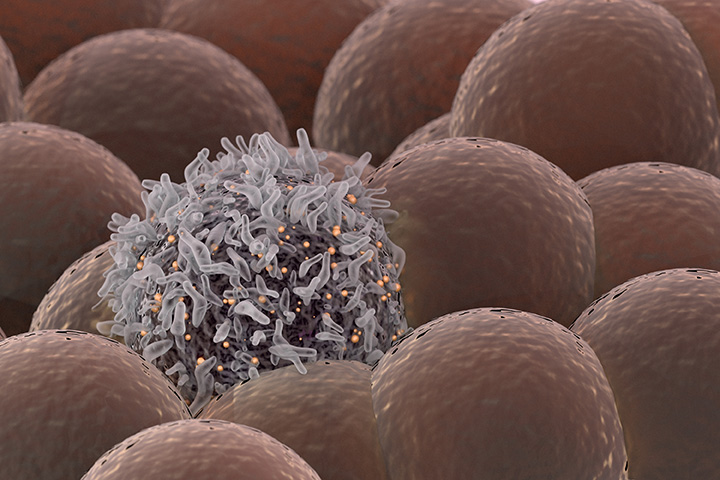
Targeting aberrant N-glycosylation to fight cancer development.
The aberrant N-glycosylation of tumor cells has been described for decades as implicated in cancer aggressiveness and associated with poor prognostic.
It is now fully recognized as a novel immune checkpoint, masking tumor cells from the immune system via the formation of complex abnormal glycan patterns operating as a shield.
Our glycocalyx modifiers target the aberrant N-glycosylation directly to the source through the selective inhibition of a specific glycosylation enzyme, thus inducing simultaneously an anti-cancer immune response and the down regulation of the main receptors implicated in cancer proliferation and invasiveness.
PhOx430
Our first candidate PhO430 is currently evaluated in the PhAST trial, an adaptive First-in-Human in Patients with Advance Solid Tumors. It recently reached an important milestone with the opening of two expansion cohorts.
PhOx430 has demonstrated a strong antitumoral efficacy in several cancer animal models, associated with an excellent safety profile, which is not a surprise for experts in the field of Glycosylation.
PhOx430 is administered orally.
“Regarding the weak expression and activity of the targeted enzyme in physiological state, few adverse effects are expected. Only tumor cells are dependent on such an enzymatic activity. With convenient oral delivery and minimal side effects, we are more motivated than ever to improve the lives of patients suffering from serious chronic diseases”
Dr. L. Clarion
Other programs
The company also leads upstream research programs in several other diseases using its unique expertise and discovery platform.
Beyond the specific results in the oncology field, N-Glycosylation is implicated in several chronic and serious diseases. Therapeutic effects have already been demonstrated in vitro and in animal models, with PhOx430 and other N-glycosylation inhibitors, confirming the family potential.
More than 100 new compounds can now be synthesized per year, based on the Phostines’ scaffold.
At the origin
Phost’in’s creation is the concretization of ten years of academic work performed by a consortium of academic researchers in Montpellier and Paris, led by Prs. Norbert Bakalara, Jean-Luc Pirat and David Vireux.
In addition to its own patents, Phost’in disposes of an exclusive license on two families of academic patents owned by :

CNRS (Centre National de la Recherche Scientifique)
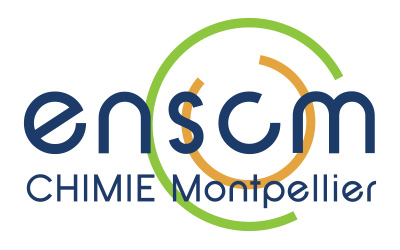
ENSCM (Ecole Nationale Supérieure de Chimie de Montpellier)
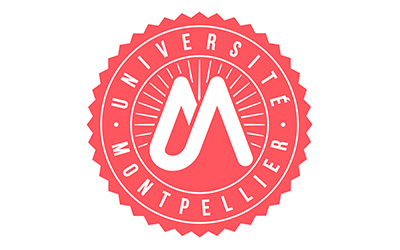
University of Montpellier
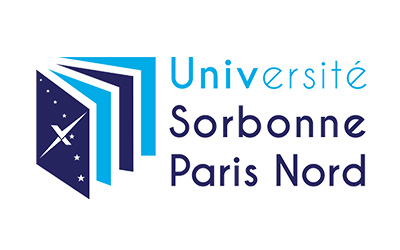
University of Sorbonne Paris Nord
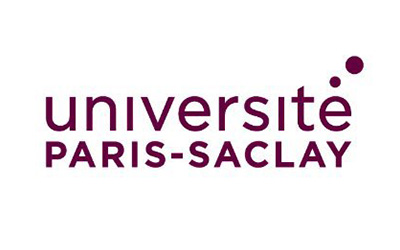
University of Paris-Saclay

